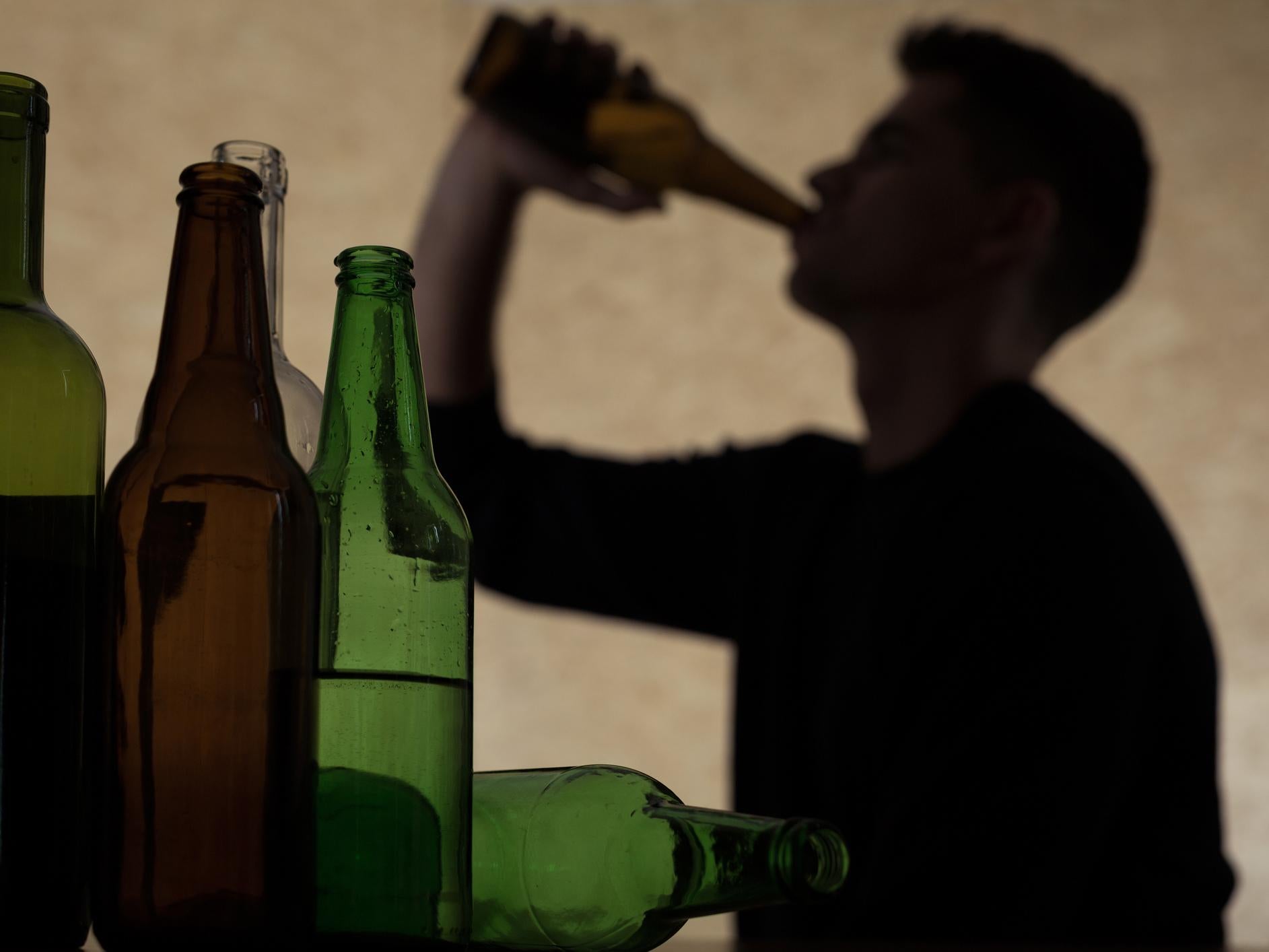Alcohol is often used by people to cope with mental health conditions including depression and anxiety. We anticipate that abstinence will provide comfort since science shows that using alcohol as a kind of self-medication really worsens our mental health.
Why Depression Occurs After Drinking Stops ?
Depression upon alcohol abstinence is typical for a number of reasons:
Your brain’s wiring and neurochemistry are altered by alcohol consumption, which can result in low mood, diminished self-worth, and elevated stress and anxiety levels.
Pre-existing mental health issues like sadness and anxiety are made worse by alcohol.
Since many people self-medicate with alcohol while depressed, when they stop, these symptoms worsen, especially if untreated.
Dopamine and serotonin levels in the body are decreased by alcohol use.
Early sobriety can cause some people to feel extremely lonely and bored, which can exacerbate depressive symptoms.
Therefore, it is not true that giving up alcohol causes depression in those who are sad and misuse alcohol. That gives the false impression that your melancholy is caused mostly by your abstinence. Alcohol actually worsens pre-existing mental health issues and, in rare instances, creates them through altering brain chemistry.
The withdrawal process and the later point give you the impression that nothing will ever be nice again. Realistic expectations might help you get over it if you know why it occurs.
Dopamine is important.
The effects of alcohol on the brain are a significant factor in why so many people feel sadness after quitting drinking.
In response to or in anticipation of activities we appreciate, such as particular cuisines, sex, purchasing a new garment, or visiting a loved one, our brains produce dopamine.
Your brain receives a message from the increased dopamine levels: “Hey, this is pretty awesome!”
Your future dopamine levels will rise as you anticipate that similar event. This explains why smelling Thanksgiving dinner from the living room may be so unpleasant. You are yearning for something that isn’t quite ready for you. Dopamine is also at work there.
Your dopamine levels would plummet and your mood would follow suit if an emergency occurred and you were unable to stay and enjoy Thanksgiving dinner.
Effects of Alcohol on Dopamine Levels
Alcohol significantly increases dopamine levels in your brain. When we drink, the brain’s reward system activates, and we begin to feel fantastic. The first high after the first drink or two at work is that.
However, our brains now need to adapt.
Brains want equilibrium. Alcohol alters the brain’s chemical equilibrium by overdosing it with dopamine. By creating more GABA, the inhibitory neurotransmitter that slows things down, it tries to fix the situation.
Your mood changes as you keep drinking, going from ecstatic to sluggish, slurred, and sloppy.
You could notice a change in your demeanor, and your moods can vary dramatically.
Alcohol’s Long-Term Effects on Dopamine Levels
Your brain will get dependent on alcohol if dopamine levels are continuously raised by alcohol in your brain.
Your brain will eventually produce less of it on its own. It will also decrease the amount of dopamine receptors that are accessible.
This last procedure is known as downregulation.
It is the brain’s response to alcohol’s continual stream of dopamine. You require more of a chemical to get the same impact when you have fewer receptor sites.
When that occurs, drinking is no longer necessary for your brain to operate correctly.
Depression Signs and Symptoms
If you previously used alcohol as a self-medication for depression or anxiety disorders, your symptoms may probably get worse after you stop. This may also be the cause of your post-drinking depression.
It’s crucial to record your symptoms. You’ll need to enlist more help if things start to seem overpowering.
Symptoms of depression include:
- persistent depressive, hopeless, and worthless emotions
- loss of enjoyment or interest in once-fun activities
- changes in weight (either weight gain or weight decrease) and appetite
- inability to fall asleep or oversleeping
- Having trouble focusing or making judgments
- fatigue or a decrease in energy
- Agitation or sluggishness of the body
Getting Depression Treatment After Giving Up Alcohol
It’s crucial to talk to your doctor if you’re in sobriety and showing signs of depression. People frequently need different therapy for alcoholism and depression. These conditions co-occur.
The occurrence of both a drug use disorder and a mental health issue is known as co-occurring disorders. It is widespread, affecting over 37.9% of those who struggle with substance dependence.
If this describes you, don’t feel helpless or humiliated. Early assistance will boost your chances of recovering more quickly and preventing recurrence.
Many people engage in both. Never be scared to talk to your doctor about medication if your emotional state becomes intolerable.
You may achieve the benefits of sobriety by receiving treatment for your depression, maintaining your sobriety, and making healthy lifestyle adjustments including increasing your physical activity and nutrition.
We have a private Soberish Facebook group open to you if you’re experiencing any overwhelm and don’t know where to look for a support network.
Additional causes for depression after quitting drinking include:
It’s crucial to note that, in addition to all the reasons we just went over, you could have post-quit depression if you’re struggling with strong feelings you don’t usually allow yourself to experience.
You lose the ability to handle issues and tensions in ordinary life in a healthy way when you consume alcohol.
When you don’t drink, it takes time to learn how to handle demanding coworkers, failed relationships, loss, boredom, and mourning.
Helpful Resources

